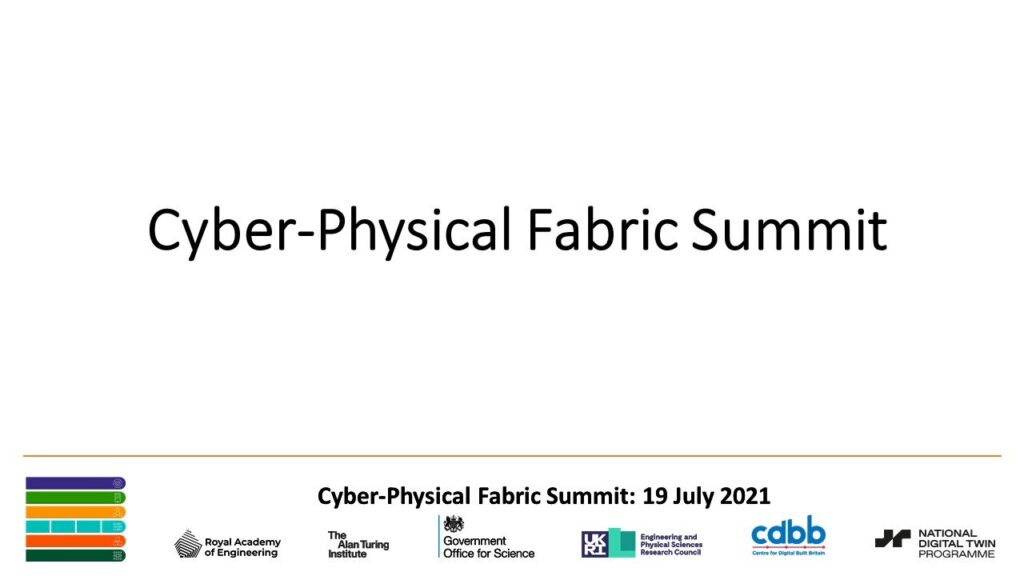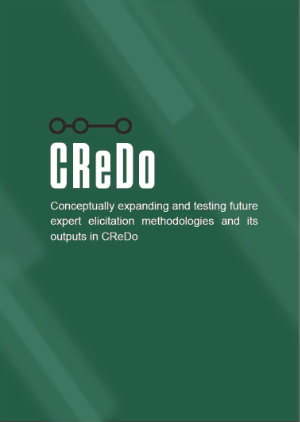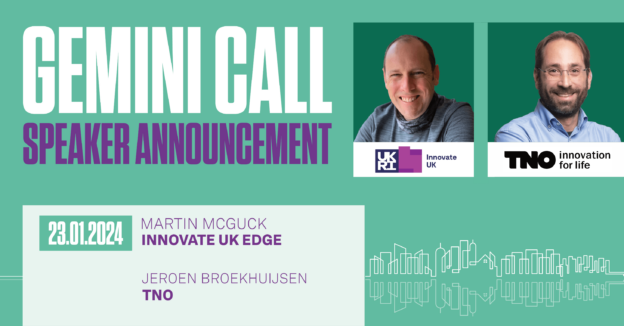Download File

- File Information
- Size: 0.4MB
- Type: pdf
About the Event
The emerging perspective is that the pandemic has driven seven years of digital progress in one year. That acceleration has taught us many things for example: the importance of data, particularly the real-time, crowdsourced data on our national systems and infrastructure; the need for better tools for remote immersive collaboration, innovation and learning; the importance of models and simulations to better understand our current world and predict its futures; all manner of smart machines to power agile configurable manufacturing of critical supplies and the orchestrated scalable logistics for their distribution.
The pandemic may have amplified these needs, but even in normal times solutions to these challenges are needed to drive greater prosperity, resilience, security and sustainability for the UK; ready when future exogenous shocks strike, such as climate change, global cyber attacks or solar storms.
On the back of the Government’s previously published R&D Strategy, Build Back Better – Plan for Growth and the forthcoming Innovation Strategy, there is a groundswell of interest and support for developing such solutions. Several publicly funded initiatives are underway in data, AI, connected digital twins, and smart machines, complemented by innovation within the private and public sectors. However, there is a need to build greater awareness, understanding and alignment across this complex and diverse technological landscape.
This summit pulled together stakeholders across this landscape. It explored a bold, expansive vision for a cyber-physical fabric at a national scale to power prosperity and take time, cost and risk out of many vertical initiatives and moonshots. This new horizontal infrastructure would stitch together our physical and digital worlds, weaving together threads such as data, AI, synthetic environments, living labs, smart machines and social science. It could be as transformative as the world wide web and, like the web, would be owned by nobody but used by everybody.
This public online event was organised through the Royal Academy of Engineering, hosted on the Digital Twin Hub, and supported by the Centre for Digital Built Britain, Robotics Growth Partnership, BEIS, UKRI, Go Science and Alan Turing Institute. As well as hearing from these stakeholders across several panel sessions, there was also ample opportunity for audience questions and engagement within the chat.


